Old-Time Religion Embracing Modernist Culture: American Fundamentalism Between the Wars
Book
Old-Time Religion Embracing Modernist Culture focuses on the founding generation of American...
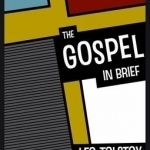
The Gospel in Brief
Book
Written in 1883, 'The Gospel in brief' is Tolstoy's harmonization of the four Christian gospels into...
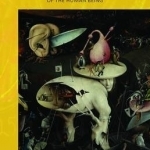
Disease, Karma and Healing: Spiritual-Scientific Enquiries into the Nature of the Human Being
Matthew Barton and Rudolf Steiner
Book
Today, illness is almost universally regarded as either a nuisance or a grave misfortune. In...
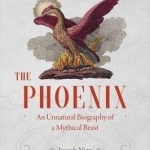
The Phoenix: An Unnatural Biography of a Mythical Beast
Book
Arising triumphantly from the ashes of its predecessor, the phoenix has been an enduring symbol of...
Out of the Ordinary: A Life of Gender and Spiritual Transitions
Michael Dillon, Cameron Partridge, Jacob Lau and Susan Stryker
Book
Now available for the first time-more than 50 years after it was written-is the memoir of Michael...
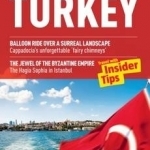
Turkey Marco Polo Pocket Guide
Jurgen Gottschlich, Dilek Zaptcioglu and Jochen Schurmann
Book
Fully revised and updated for 2016. Now with new Discovery Tours chapter. With this up-to-date,...
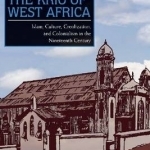
The Krio of West Africa: Islam, Culture, Creolization, and Colonialism in the Nineteenth Century
Book
"The Krio of West Africa: Islam, Culture, Creolization, and Colonialism in the Nineteenth Century,...
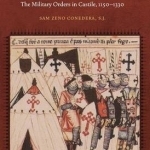
Ecclesiastical Knights: The Military Orders in Castile, 1150-1330
Book
"Warrior monks"-the misnomer for the Iberian military orders that emerged on the frontiers of Europe...
Neumann applies moral stories and real-life scenarios to illustrate the power of a determined mind. He urges readers to never give up, even in the face of adversity, but to use these hardships in alternative ways. Neumann uses examples from Buddhism and Christianity as well as history to show the potential of every individual.
Many self-help books give step-by-step guides to success and dismiss mental and neurological difficulties. Whilst these authors may encourage readers to reach their goals, Neumann acknowledges that it is not always possible. Yet, this does not result in failure. Neumann's insight into the workings of the world reveals there is far more to happiness than an end goal. There is more to life than being the best, being famous and being successful, but more often than not, these lessons are hard-fought. With this book, Neumann attempts to stop readers in their tracks, to stop their destructive power, to realise their true potential and look at the world afresh.
Neumann writes as though he is speaking in front of an audience. Whilst this adds honesty and passion, it disrupts the flow of the text. The book lacks grammar and is oftentimes repetitive. As a proofreader, it is difficult not to pick up on these errors, but it indeed makes the author sound human. Neumann does not use the complicated language of psychologists, does not pretend to have qualifications in counselling or such like but has his readers' best interests at heart.
Easy and quick to read, Harness the Power of the Invincible Mind is a book that stays with you long after completing. It contains so many analogies and examples that readers will want to highlight, share and, hopefully, apply in their day-to-day lives.
Priest of Nature: The Religious Worlds of Isaac Newton
Book
Newton's unusual - or even downright heretical - religious opinions were well known to a number of...

